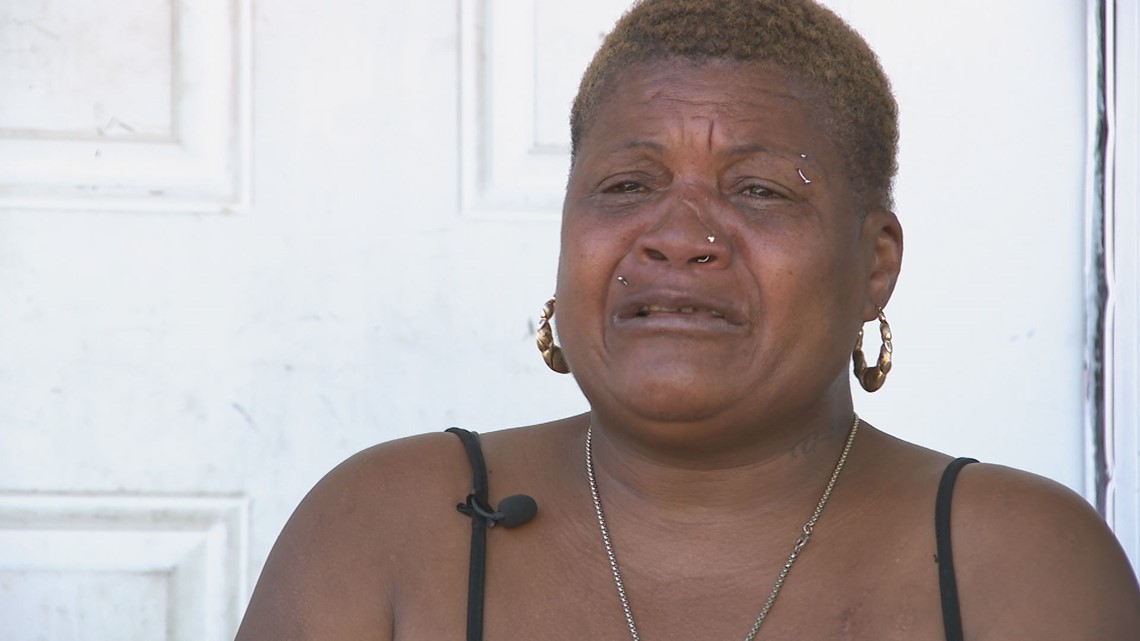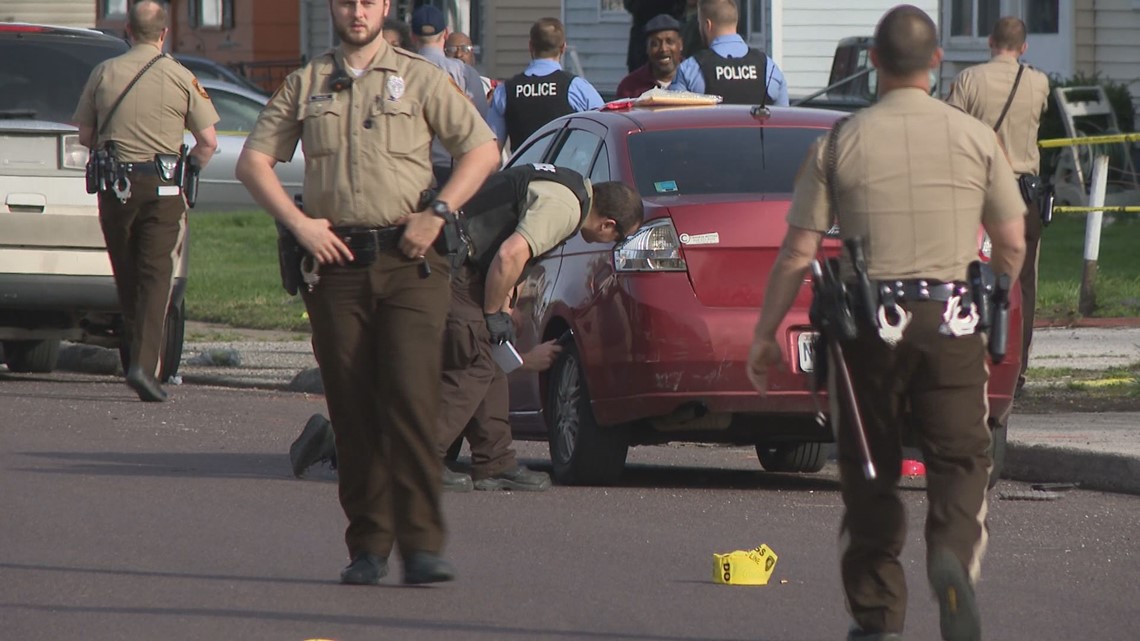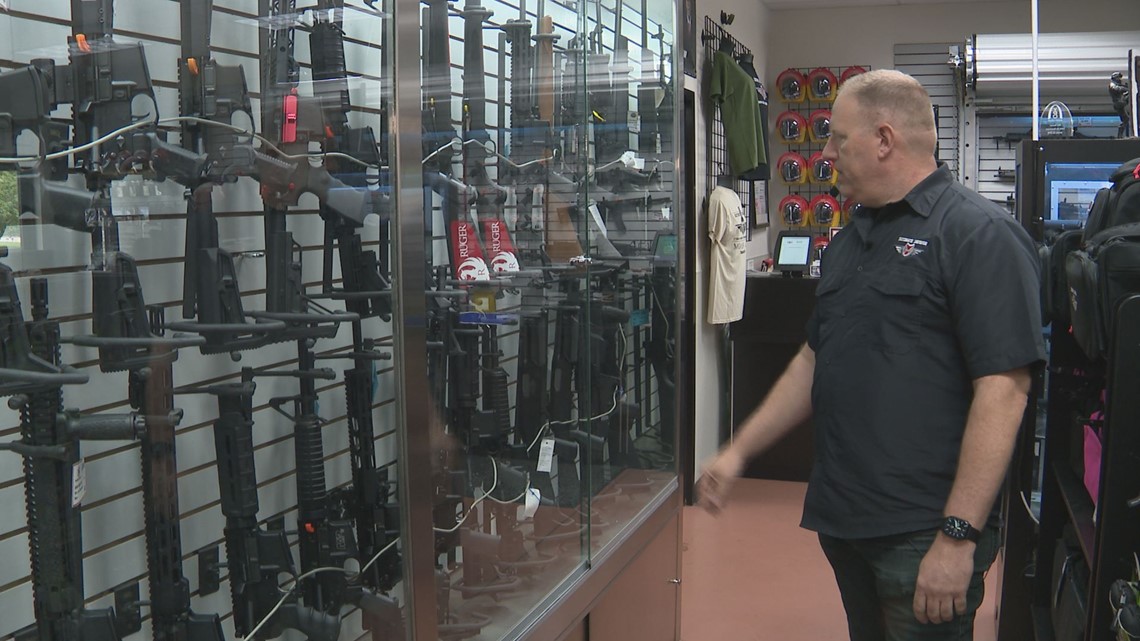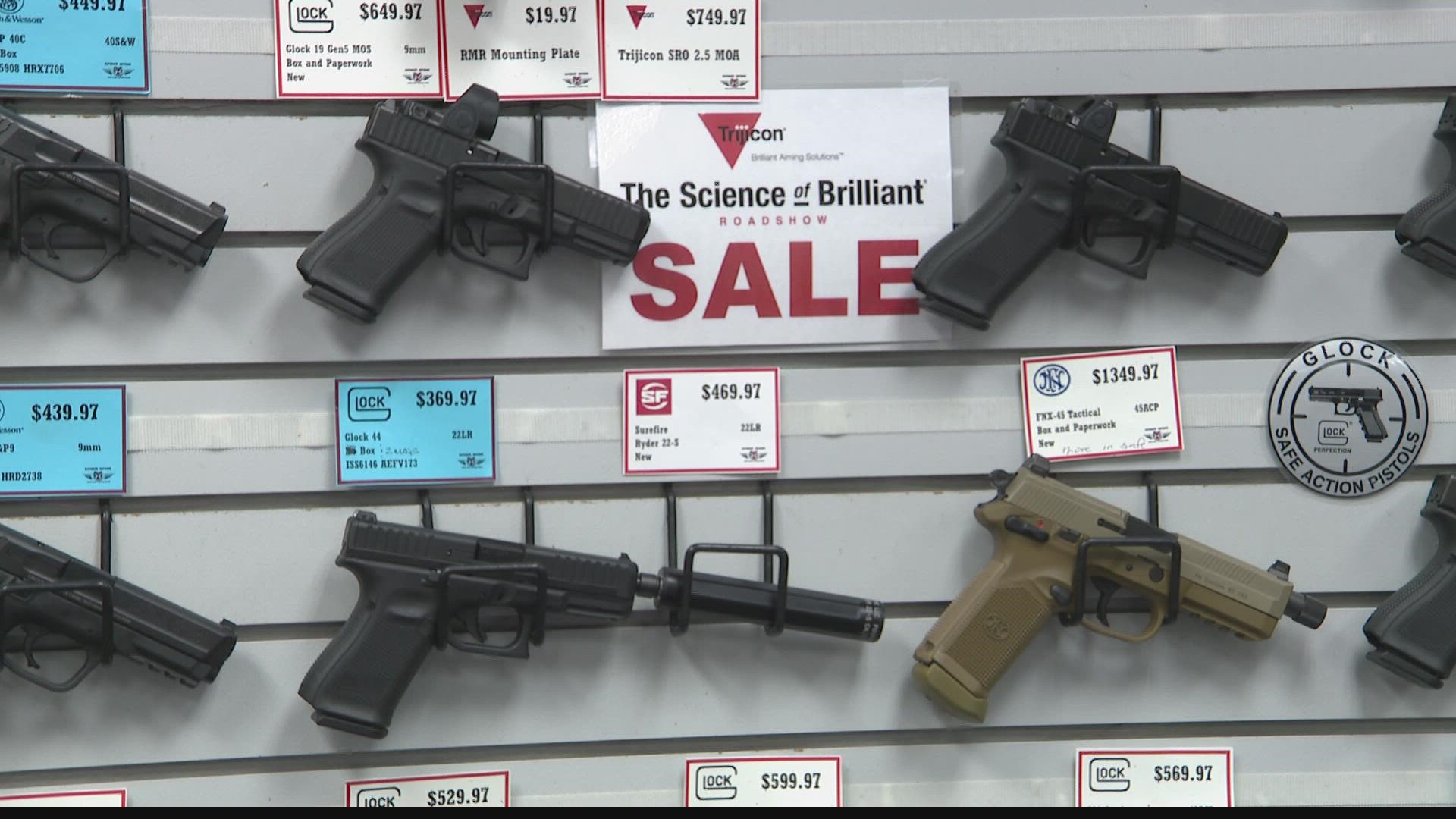ST. LOUIS — The same type of gun used by the shooter in Uvalde, Texas, last month is in demand.
A St. Louis area firearms dealer said despite talks of expanded background checks and efforts to curb rifle sales, his business is as busy as ever.
“We see an instant rise in gun sales, usually three to five days after an active shooter event," said Paul Bastean, a gun store owner in St. Peters.
He hears that his customers are afraid of losing their chance to buy such a weapon.
“I get scared. I get real scared about it," said Michelle Jackson, a mother in St. Louis who lost her son to gun violence.
"It just takes something out of my heart to see kids like that, innocent kids... They're killing kids, they're killing babies," said Jackson. “It don't make sense to me."
Shootings seem to be happening everywhere, from schools, to grocery stores, to churches. About 119 people in the U.S. have been shot to death every day since January, according to data tracked by Gun Violence Archive, a national database that tracks reports of shootings across the country. A spokesperson told us that calculation includes suicides.
“This not going to stop, it's getting worse and worse every day," said Jackson. “Guns are destroying us in our community.”
The thought brings Jackson to tears.


“They shot him in the brains," she said.
Two months ago, she lost her son, 25-year-old Myron Davis. He was shot in the head in Jennings while sitting in the driver's seat of a car. Jackson still doesn’t know who did it, and why.
“I don't know what he got shot with, but it was powerful," she said. “I can't sleep. Every time I come home, I think about my baby."


From mass shootings to targeted attacks, Jackson believes more guns mean more innocent people are dying.
“They'll give these guns to a 5-year-old if they got the money," she said. “They need to do something.”
While guns are sold legally at licensed gun stores, Jackson has seen the system break down.
“People are coming out buying guns for these young people's kids out here. You know kids carry guns at 10 years old now," said Jackson.
The system crumbles, she said, when there are so many ways to sell or steal a gun. About 30 miles away in St. Peters is a different side.


Since 19 kids and two teachers were gunned down in their Texas elementary school two weeks ago, Bastean's gun store sales are up. At his shop Ultimate Defense Firing Range, they’ve increased by about 20%. And he said after background checks, he only turns down about 1 in every 4,000 people.
“Maybe once every three months," said Bastean.
“Do you think this increase in gun sales is driven partly by fear?” asked the I-Team's Paula Vasan.
“Yeah, absolutely," he said.
One in five guns he sells are rifles.
“AR-15s, those types of things," said Bastean.
They’re capable of firing more bullets faster. Seven states and Washington, D.C. prohibit assault weapons. Missouri and Illinois aren’t among them, according to Everytown for Gun Safety, a nonprofit that advocates for gun safety. States that have prohibited assault weapons are California, Hawaii, New York, New Jersey, Massachusetts, Connecticut, Maryland and Washington, D.C.
Bastean believes lax legislation in our area is a good thing.
“The only way to stop a guy from shooting is to shoot him," he said.
Researchers from Everytown for Gun Safety, citing CDC data, say stronger gun laws prevent gun violence. They point to weak gun laws as one reason why Missouri has the 5th-highest rate of gun deaths in the U.S., following Mississippi, Alaska, Louisiana, and Alabama.
In Missouri, the rate of gun deaths has increased 70% from 2011 to 2020, compared to a 33% increase nationwide. In Illinois, it’s increased 64%. Many experts say it’s because of how easy it is to access guns. Bastean disagrees, believing criminals will always have a way to get their hands on guns. He said responsible gun owners shouldn’t have to be deprived.
“It is about having the ability to defend yourself," said Bastean.
He says his customers are also afraid that broad legislation could create a supply shortage of these weapons, increasing the cost for consumers.
Since the Uvalde shooting, President Joe Biden has been calling for more restrictions on gun ownership citing the impact on our children. In the past two decades, according to the CDC, the FBI and other sources, there have been nearly four times more gun deaths among American children than among police and military in the line of duty combined.
Gun advocates like Bastean argue a bigger focus on mental health and crime prevention is the answer to keeping our community safe, not restrictions on guns.

